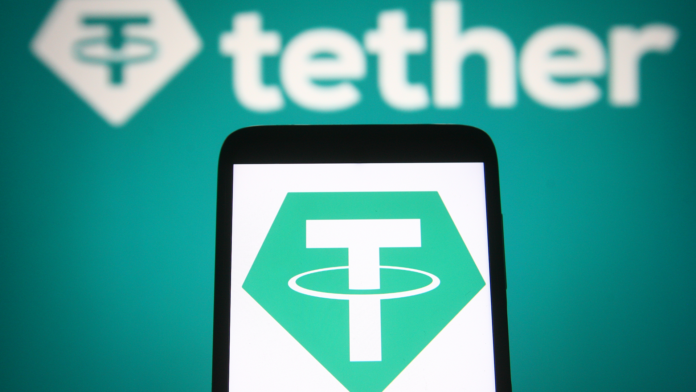Tether is working to align its robust operations with legislative frameworks while maintaining its leadership position in the market. According to Tether CEO Paolo Ardoino, the company is actively collaborating with US lawmakers to help shape future stablecoin regulations.
Ardoino, speaking to FOX Business journalist Eleanor Terrett, emphasized Tether’s commitment to ensuring that its voice is heard in the legislative process. The CEO expressed the company’s willingness to adapt and collaborate to ensure its operational continuity within the legal framework.
“We are going to work within the regulatory framework and will seek to advise on each of these proposals to ensure that our voice is considered,” said Ardoino, referring to three stablecoin bills that have recently been introduced in the House of Representatives and the Senate.
Representative Bryan Steil, chairman of the Digital Assets Subcommittee of the Finance Committee, confirmed Tether’s participation in discussions on the STABLE Act, which he co-introduced with Congressman French Hill. This legislation would require stablecoin issuers to maintain reserves consisting solely of high-quality liquid assets, such as US Treasury bonds and insured deposits. As the leader in the stablecoin sector, Tether, through its USDT token, which represents approximately 60 percent of the market share, currently holds more than 114 billion dollars in short-term Treasury bonds in its reserves.
Analysts at JPMorgan suggest that if new stablecoin regulations in the US are approved, Tether could be forced to sell part of its Bitcoin and precious metal holdings to comply with the requirements. The company, which currently undergoes quarterly audits by the accounting firm BDO, would need to conduct monthly audits with a US accounting firm and maintain reserves equivalent one-to-one with assets approved by regulators under the proposed framework.
In response to JPMorgan’s conclusions, Ardoino argued that they reflect a misunderstanding of the company’s operations and the regulatory process.
Progress on Three Key Bills
Three stablecoin bills are making progress in Congress, each taking a different approach to regulating digital assets. The STABLE Act seeks to establish a regulatory framework with bipartisan support and is under review ahead of a hearing by the digital assets subcommittee.
Senator Bill Hagerty introduced the GENIUS Act on February 4, 2025, which proposes federal oversight of payment stablecoins while preserving state regulatory authority. This bill has received bipartisan support and is being prioritized for passage within the first 100 days of President Trump’s term.
Representative Maxine Waters introduced a separate stablecoin bill on February 10, 2025, which would require issuers to register and maintain one-to-one reserves backed by US currency or approved assets. This legislation focuses on consumer protection and measures against fraud in the crypto industry.
With both the House of Representatives and the Senate under GOP control, lawmakers aim to finalize and sign a stablecoin bill by April.



